U.S. Senator James Webb (D-VA) is in Burma today. News reports indicate that he will be meeting with junta leader Than Shwe in what is being billed as the first ever meeting between the junta chief and a U.S. official. Coming just days after the regime extended the detention of Democracy icon Aung San Suu Kyi, the meeting will certainly serve to validate the junta at a time when international revulsion has reached one of its periodic, crisis driven peaks.
This is unfortunate. But there is more at stake than simply whether or not American officials and Burmese officials talk. The problem posed by Senator Webb’s visit is his position on U.S. policy and the confusing signals it may send to both Burma and the region.
Where does the U.S. stand today? President Obama has just signed extensions of sweeping U.S. bans on imports from, and American investment in, Burma. The import restrictions passed the Senate by “unanimous consent,” and the House by its procedural equivalent. Meanwhile, a State Department review of Burma policy announced in February has been frozen over the May 14 re-arrest of Suu Kyi, her subsequent show trial, and now conviction. In the absence of an authoritative change in policy, and with the Senate, House, and President freshly agreed on sanctions, one can only conclude that the policy of “maximum pressure” – building international consensus on the need to tighten sanctions – remains operative.
Senator Webb is widely regarded as one of the foremost opponents of this policy. During Kurt Campbell’s confirmation hearing for the position of Assistant Secretary of State for East Asian and Pacific Affairs, Senator Webb put the nominee on the spot regarding the elections the Burmese government intends to carry out next year. He pressed Mr. Campbell to support elections under the new Burmese constitution – a constitution that has been panned as undemocratic for, among other things, its effective prohibition on Suu Kyi’s participation. This is important because the sanctions vs. engagement debate will ultimately turn on the validity of the 2010 elections. Senator Webb wants to work toward what is essentially a roadmap to a normal US-Burma relationship. Setting the bar sufficiently low for the elections is a prerequisite for getting this approach off the ground. If held to international standards of “free and fair,” and with the requirement for full participation urged by even Burma’s Southeast Asian neighbors, the elections will assuredly fail the test. (Mr. Campbell managed to deflect the questions.)
The State Department long ago handed the reigns of Burma policy to Congress. That policy is now governed by a complex tangle of laws and executive orders not easily unwound. What authority State preserved, it did by virtue of the executive branch’s constitutional powers and options buried in the law that allow the President to waive sanction requirements in the name of the national or “national security” interests. But with all that’s going on in the world today, and with Senator Webb’s colleagues literally in unanimous support of Burma sanctions, the Obama Administration is wise not to pick a fight with Congress through an exercise of waivers.
Senator Webb is a serious student of Southeast Asia. He served our nation there in war and has demonstrated a real commitment to the region since. His views on Southeast Asia are colored by a suitable and refreshingly critical view of China’s geopolitical aims. For all this, he is to be commended – indeed, for his service, honored. But the Senator’s views on Burma are his own. They do not represent current U.S. policy and are not at all likely to prevail in the stalled review of it. Than Shwe, our adversaries, challengers, allies and friends should well take note.
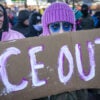

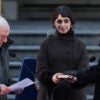
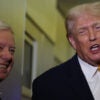







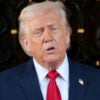

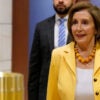












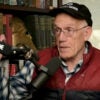
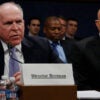
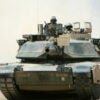
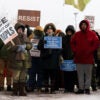
7 Replies to “Webb v. The Consensus on Burma”